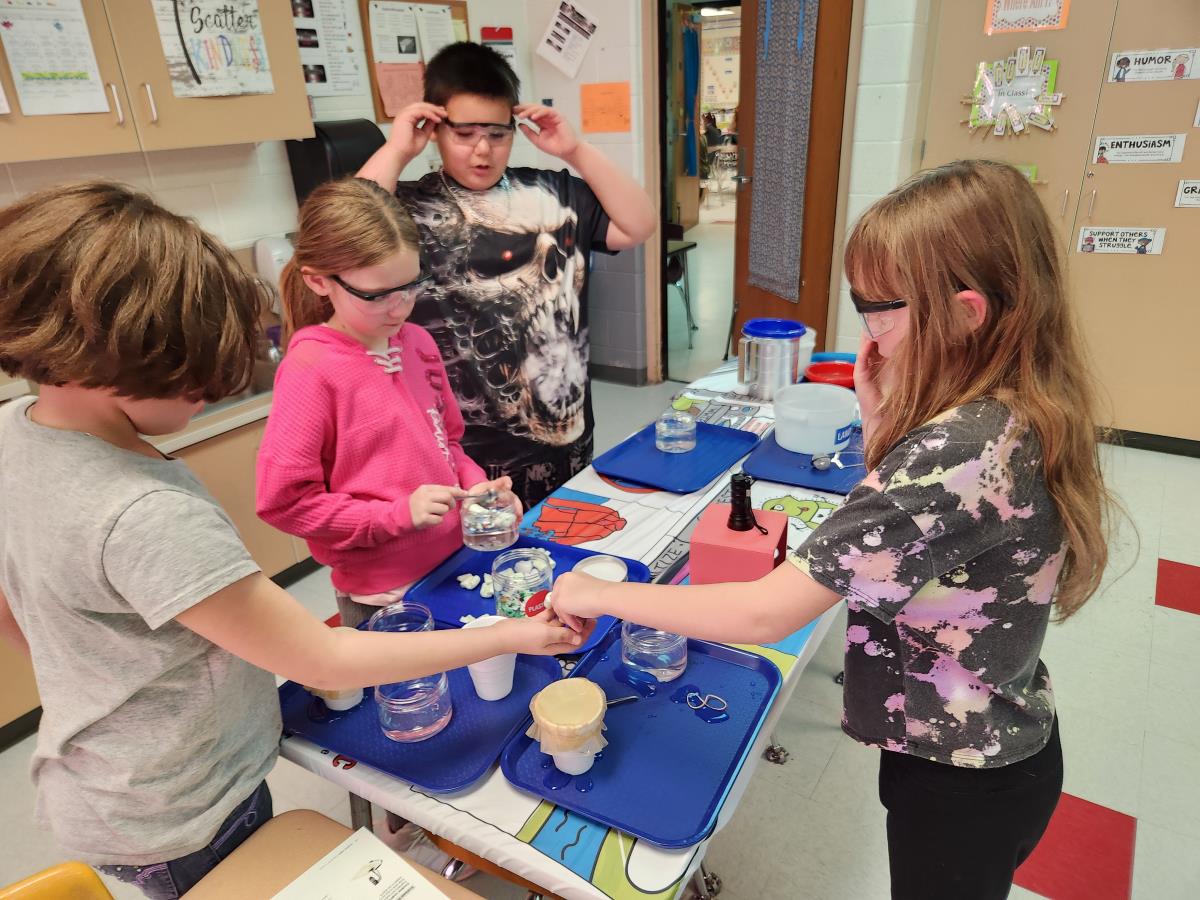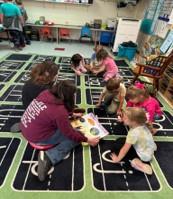The third-grade classes have combined their efforts to cultivate an impressive garden right in their classrooms. Through their exploration of general gardening, hydroponics, and aquaponics, students have taken the lead, learning about ecosystems, cohabitation, and the importance of clean water. Their journey culminated in the creation of homemade salsa, featuring cilantro, jalapeños, and tomatoes—despite a few setbacks along the way.
In fourth grade, the class tackled lunchroom waste by creating a compelling video that ignited interest in a school-wide recycling program. The students were astounded by the amount of paper collected, leading to the introduction of recycling bins in every classroom. The 4th grade class is also making strides with future composting initiatives and a summer embryology project involving chickens, ensuring that environmental education continues seamlessly.
Physical Education classes focused on the impact of marine debris and the importance of keeping their local environment clean. This effort included a campus cleanup that resulted in 45 pounds of trash and led to further recycling initiatives. Fourth graders even took the initiative to educate kindergarteners through a paper bag project promoting marine debris prevention. In addition to these classroom initiatives, the Leadership Students undertook beach cleanups at Tawas and Suttons Bay, deepening their understanding of water clarity and waste management. The school is also committed to outdoor education, emphasizing place-based learning, which connects students to their local ecosystems. With six garden beds currently maintained as part of the Cardinal Kids Summer Program, students are gaining firsthand experience in growing and cooking fresh vegetables. Plans are in place to continue this program into the fall, enabling the school to incorporate these fresh ingredients into staff lunches and school meals.
Looking forward, WPAS aims to expand its environmental initiatives, including introducing sturgeon in the classroom and enhancing the educational experience across its 10-acre campus with a focus on pollinators and sustainability practices.
211 Students are involved in this project.
8 Teachers are involved in this project.





